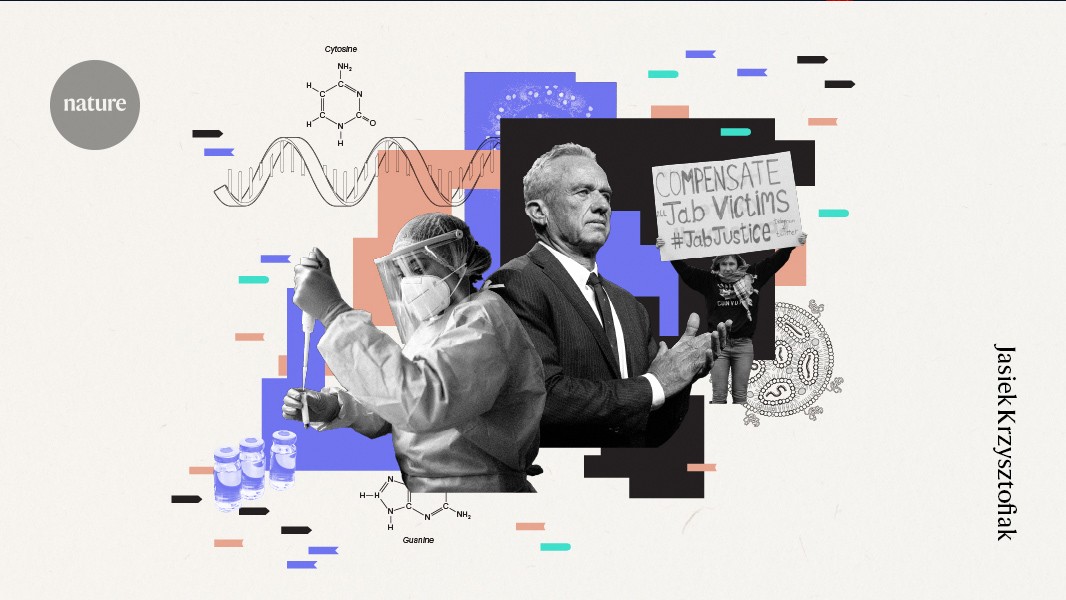
"The promise of AI and the promise of the future lies in using messenger RNA vaccines to transform cancer treatments, enabling personalized vaccine designs for individuals."
"Deborah Day Barbara noted that the announcement filled biotechnology executives with hope, but the subsequent appointment of vaccine critics signaled a shift that threatened mRNA advancements."
"Legislators' proposals to ban or restrict mRNA-based medicines introduce uncertainty, jeopardizing continued research and financial support crucial to the mRNA industry."
"After rapidly accelerating mRNA vaccine development for COVID-19, Trump's new administration reversed momentum in the field, jeopardizing years of scientific progress and investment."
Upon returning to the White House, President Trump heralded a significant $500 billion investment in artificial intelligence aimed at revolutionizing cancer treatment using mRNA vaccines. High-profile figures like Larry Ellison emphasized the potential of AI in tailoring personalized cancer vaccines. However, this optimism quickly soured as the appointment of Robert F. Kennedy Jr. and the cancellation of critical mRNA research grants raised alarms among biotechnology leaders. This shift in administration priorities and state-level legislative efforts to limit mRNA medicine threaten to destabilize the industry, sowing uncertainty over future advancements and funding.
Read at Nature
Unable to calculate read time
Collection
[
|
...
]